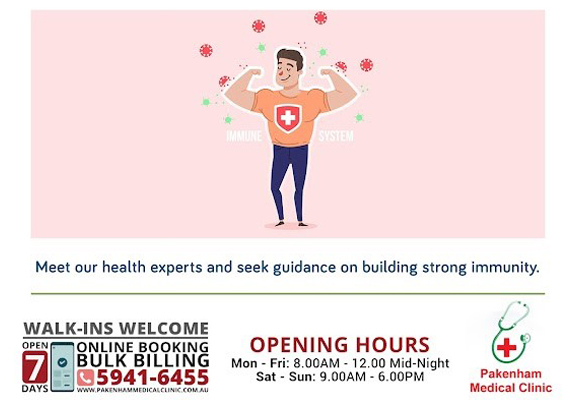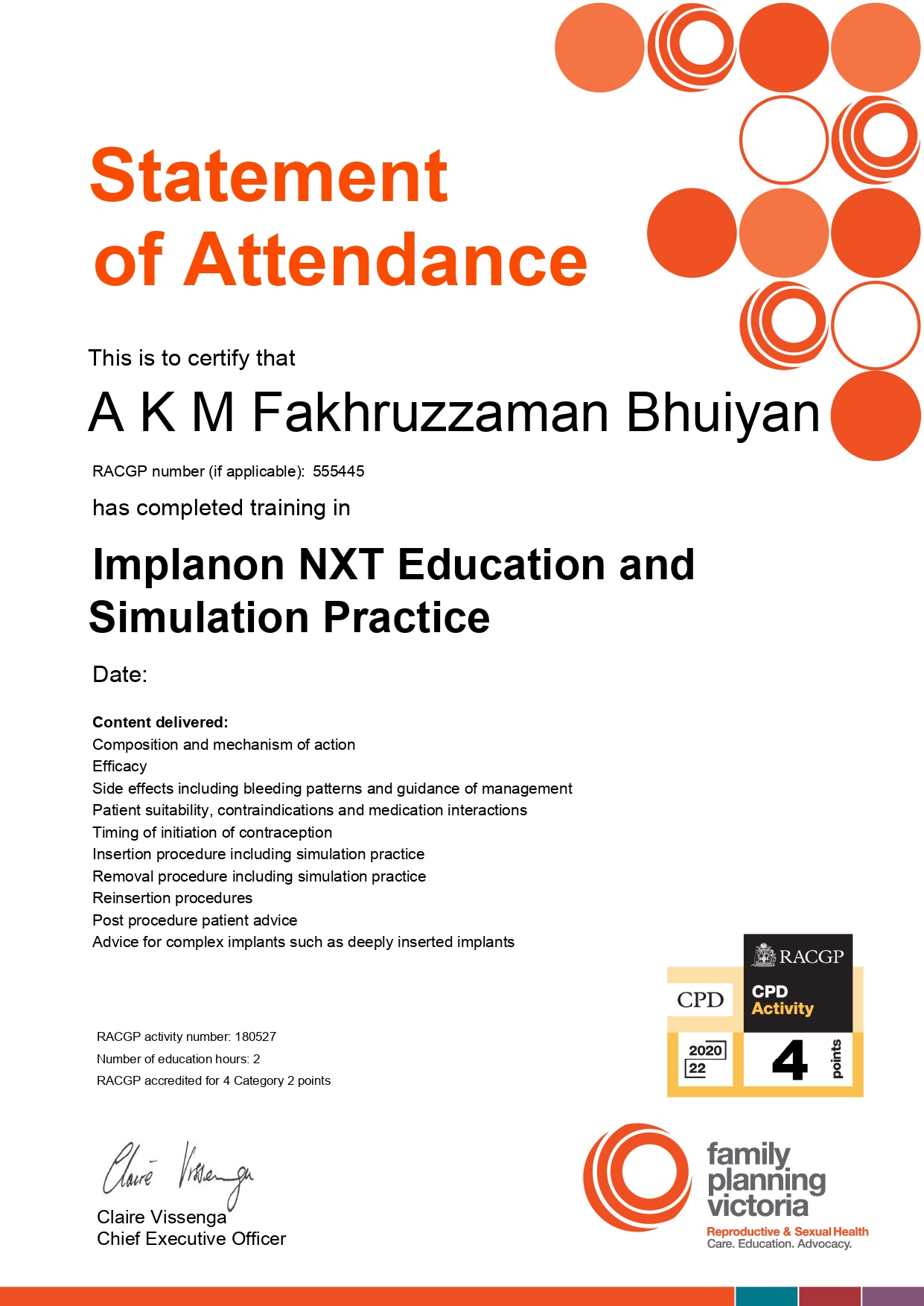What is Intravenous Therapy and What You Need to Know
What is Intravenous Therapy and What You Need to Know
Intravenous therapy is a fast, minimally invasive way to treat tiredness, dehydration, and a lack of vitamins. At the Pakenham Medical Clinic, we bring a variety of treatments for Intravenous Therapy that are meant to help with common health problems.
There are different kinds of Intravenous Therapy treatments, and each patient may need a different dose, a different number of infusions, or a different mix of ingredients.
It’s something you should talk to a skilled doctor first. This could require new pathology tests also, so that you can make a planned decision about the best way to treat your money.
Dr. Zaman is the most skilled doctor we have when it comes to treating people with IV infusions.
Intravenous therapy with iron infusion
Iron deficiency is the most common nutrient deficiency in people all over the world. This condition can make us feel tired, irritable, and unable to focus. It can be caused by losing blood, not being able to absorb food well in the gut, or not eating enough different foods. Since our bodies need iron to move oxygen around, an iron deficiency can cause shortness of breath, general weakness, lower exercise performance, and make us more likely to get sick. IV iron infusions put the iron you need right into your bloodstream to help with these symptoms.
Re-hydrate and give IV therapy a boost
Dehydration can happen when you overheat, sweat a lot, work out hard, get sick, have a hangover, fly for a long time, or have a disease like gastroenteritis. IV therapy puts fluids and electrolytes directly into your bloodstream, where they can be quickly absorbed by your tissues to help you feel better.
Intravenous Therapy for Body Rejuvenation
By giving you important vitamins and antioxidants like glutathione, IV fluids can help you look and feel your best. Glutathione is a powerful weapon in the fight against ageing because it boosts the immune system, cleans the liver, stops oxidative cell damage, and makes the skin more flexible.
Intravenous Therapy with an Energy Cocktail
Every once in a while, we all need a little boost, and our energy cocktail is made to do just that. This IV fluid therapy gives you everything you need to fight chronic fatigue and make it through those long days at the office. It is full of energy supplements, vitamins, detox agents, and Gluthathione.
Vitamin C Therapy through an IV
Vitamin C dissolves in water, so your body can’t store it. Instead, you need to get new vitamin C every day. Vitamin C is important because it boosts your immune system, fights free radicals, helps your heart and brain work, and makes your skin, hair, and nails look their best. Use this IV fluid to make sure your body gets all the vitamin C it needs.
Intravenous Super Boost Therapy
The Super Boost is made up of the best parts of our Energy Cocktail, Body Rejuvenation, Vitamin C, and Rehydrate Boost IV fluids. It is meant to help you deal with stress and tiredness and give you everything you need to live each day to the fullest.
Vitamin Glutathione Therapy through an IV
Glutathione Vitamin IV fluids are the master of intracellular antioxidants. They stabilise the vitamins in your body, giving you more energy and helping your body use the vitamins better. This intravenous therapy is a powerful antioxidant that helps the body recycle vitamin C and protects cells from free radicals and oxidative stress, two things that can cause people to age faster than they should.
Vitamin Shots (Mega-B)
Vitamin B is important for the brain and nervous system to work, as well as for making red blood cells and fixing DNA. In fact, not getting enough of a few of the B vitamins has been linked to neurological problems, tingling and numbness in the fingers and toes, fatigue, depression, anaemia, and a “foggy brain.” With Mega-B Dose shots, you can keep your body in great shape.
Vitamin Shot for Vitamin D
Vitamin D is very important for how cells, bones, and teeth grow and develop. If you don’t get enough of this vitamin, you might feel sluggish, tired, and sad. It can also weaken your immune system, making you more likely to get colds and the flu. Long-term deficiencies have been linked to diabetes, osteoporosis, heart disease, and some cancers, so it’s important to make sure you’re getting enough of this vitamin. This shot puts this very important vitamin right into your blood, where your body can quickly use it.
IV therapy at the Pakenham Medical Clinic
At Pakenham Medical Clinic, we have very high standards for cleanliness and safety. When it comes to treatments for intravenous therapy, ours is done by trained professionals under the supervision of a doctor.
Costs for Medicare
The overall total cost for your treatment depends on how it is given and how many vitamins are in it. These things will be discussed by your doctor during the consultation. Medicare and health funds (private) do not pay your costs for IV treatments.
Disclaimer
Pakenham Medical Clinic suggests that anyone who wants to start a medical/nutritional programme, cosmetic procedure, as well as other programme that could impact their health should talk to a doctor first.
The information that Pakenham Medical Clinic gives, publishes, or makes, be it through employee/different practitioners is meant to assist both patients as well as the practitioners. This is to help them make good decisions about their health and be more responsible for the same.
The doctors and staff at the Pakenham Medical Clinic aren’t responsible when it comes to the decisions you make based on the information present on the website or in any other document.
This is also inclusive to your decision to see a doctor or not, or to choose or not choose a certain medical solution on the basis of the information.
Visit our Clinic for IV Infusion to get more information.




